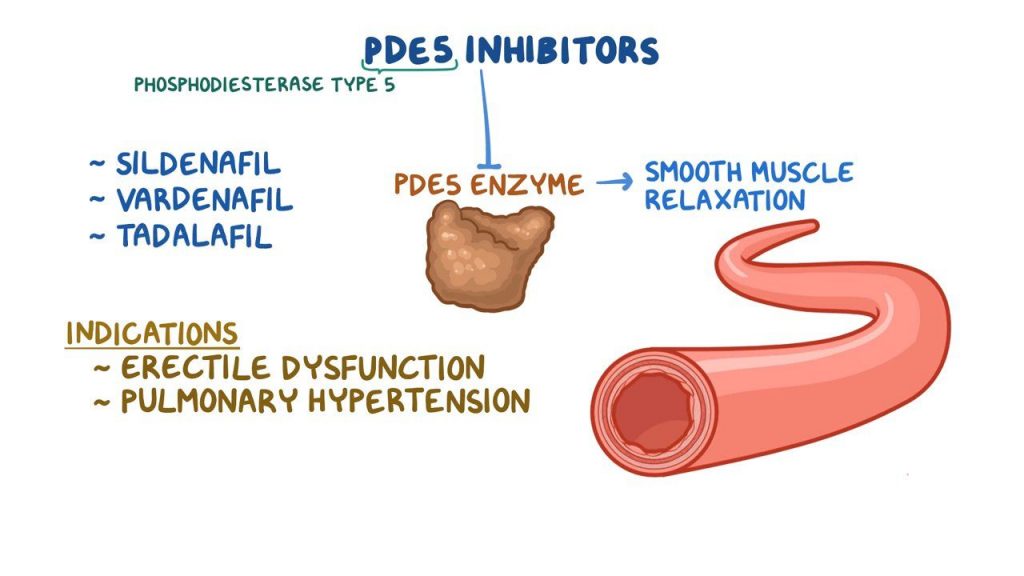Key Points:
- Many animal studies have shown that Viagra can improve memory and prevent dementia while human studies are lacking.
- Viagra may have anti-aging benefits due to its blood vessel dilation capabilities.
In a podcast with James Altucher, Dr. Sinclair said that taking low-dose Viagra is becoming popular. Viagra is the brand name for sildenafil, a medication used to treat erectile dysfunction and high blood pressure in the lungs. In the podcast, Altucher mentions that he can’t imagine taking Viagra to perform better at chess. But how does sildenafil affect the brain?
Many rodent studies have shown that sildenafil improves memory and prevents memory loss. However, whether this translates to healthy humans remains unclear, as only a few studies have explored this. For example, in men in their early 30s, 100 mg of sildenafil improved reaction time by about 35 ms while it did not improve overt attention or memory. Still, electrical measurements of the brain suggest sildenafil enhances attention toward auditory stimuli by improving information processing.
Additionally, several studies have shown that sildenafil prevents memory loss in aged mice and mouse models for Alzheimer’s disease (AD). In AD patients, sildenafil improves blood flow and oxygen metabolism in the brain, suggesting that sildenafil could treat AD. A recent study also showed that sildenafil increased blood flow in the brains of individuals at risk for vascular dementia. Furthermore, a study of over 7 million individuals showed that sildenafil usage is associated with a 69% reduced risk of AD. These findings point to sildenafil potentially preventing dementia, however, randomized clinical trials are needed to confirm this.
The Anti-Aging Properties of PDE5 Inhibitors
Initially, sildenafil was tested for the treatment of high blood pressure and angina (severe chest pain from clogged arteries). This is because sildenafil inhibits an enzyme called phosphodiesterase 5 (PDE5) and promotes blood vessel relaxation. However, Pfizer scientists quickly found that sildenafil induced penile erections and, in no time, the FDA approved Viagra for treating erectile dysfunction.

Other PDE5 inhibitors (PDE5Is) include tadalafil (Cialis), vardenafil (Levitra), and avanafil (Stendra). PDE5Is are currently under investigation for heart enlargement, heart attack, cancer, diabetes, obesity, and neurodegenerative disease, including AD. Therefore, it is possible that PDE5Is can potentially be repurposed as anti-aging drugs.
Why Are People Taking Low-Dose PDE5 Inhibitors?
Daily low-dose PDE5I administration was initially used for individuals with a preference for spontaneous rather than planned sexual activity. Subsequently, it was found that side effects like headaches can be mitigated by replacing sildenafil with low-dose vardenafil or tadalafil. Additionally, low-dose tadalafil (5 mg) has been shown to treat benign prostate hyperplasia — an enlargement of the prostate caused by a tumor — in men with erectile dysfunction. Furthermore, animal studies suggest that low-dose PDE5Is can protect the heart and improve cognition.
Overall, most effects of PDE5Is have been observed in men with erectile dysfunction, making it difficult to determine if they exert the same effects in healthy men and women. Physiologically, PED5Is could have beneficial anti-aging effects by increasing blood flow to the organs and tissues of the body. When it comes to AD, inhibiting PDE5 could lead to improved mitochondrial health, reduced oxidative stress, and less amyloid-beta protein. Whether low-dose PDE5Is can prevent or delay AD and dementia needs more research and exercise remains the most potent preventative strategy.